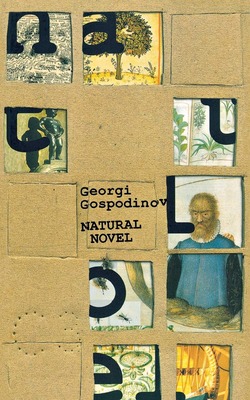Natural Novel (1999, tr: Zornitsa Hristova, 2005) is the story of one man’s handling of his divorce after his wife announces she’s pregnant with his friend’s child. The way he deals with it is in writing, a series of loosely connected diversions presented as is with little narrative around them. Add in a few characters called Georgi Gospodinov, in a book by the same, and we’re knee deep in the postmodern.
A ‘Natural Novel’, to Gospodinov, is one where many beginnings are provided, and that pick up from others, merging, developing, and heading in unknown directions with stories overlapping and conclusions uncertain. It’s an idea introduced early in a chapter almost completely comprised of other writers’ famous openings.
Rather than a traditional first person narrative, we follow the author’s state of mind laid out on the page, drawing our own conclusions, as he explores disparate topics, like botany or toilets, electricity or flies.
Flies are a constant thread through the book and a key to its structural presentation. (I’m trying to convince myself [the sudden interest in flies] is for the novel I’m writing. A multi-angled novel, like a fly’s way of seeing.”) and “In the ideal novel individual episodes will be held together by the trajectory of a fly.” Their multi-sectored eyes look at the world differently.
The divorce that obsesses Gospodinov is a fly that distracts him, that he can’t get peace from. That divorce had its beginning (the marriage) but it can’t have an end (memories stick!), a realisation that ties much of the obsessions together with reflections on their beginning and ends.
Despite the accumulation of all the elements, I’m still not fully sure of Gospodinov’s definition of a natural novel, but it’s an interesting work, though definitely not for everyone.
